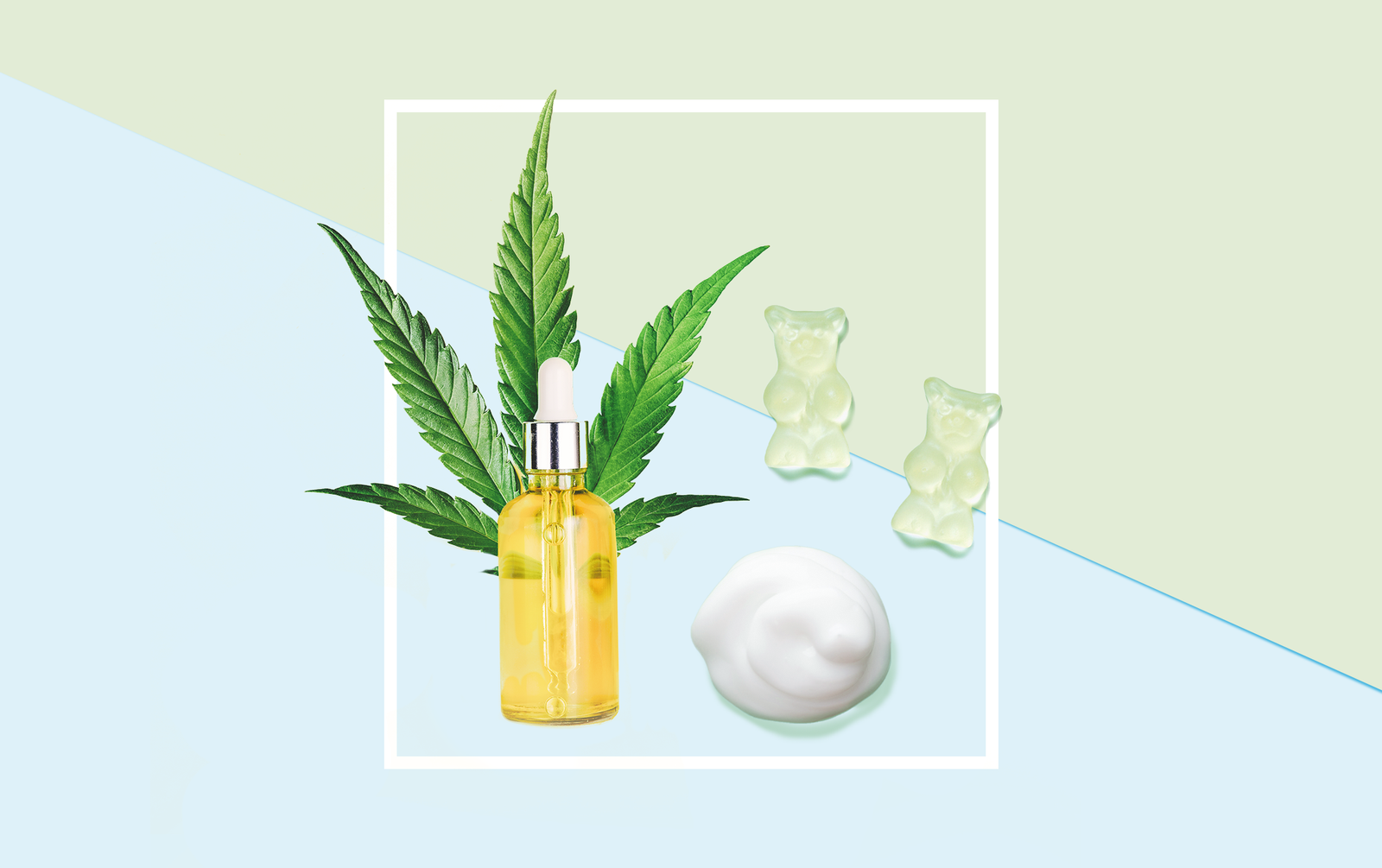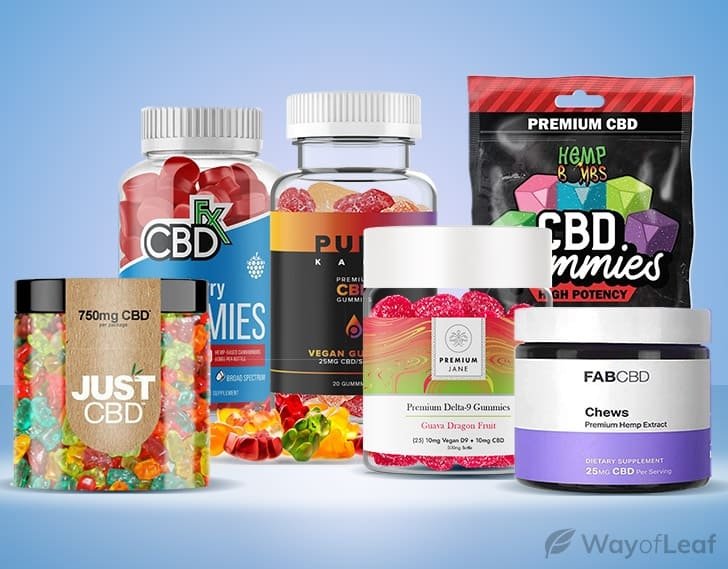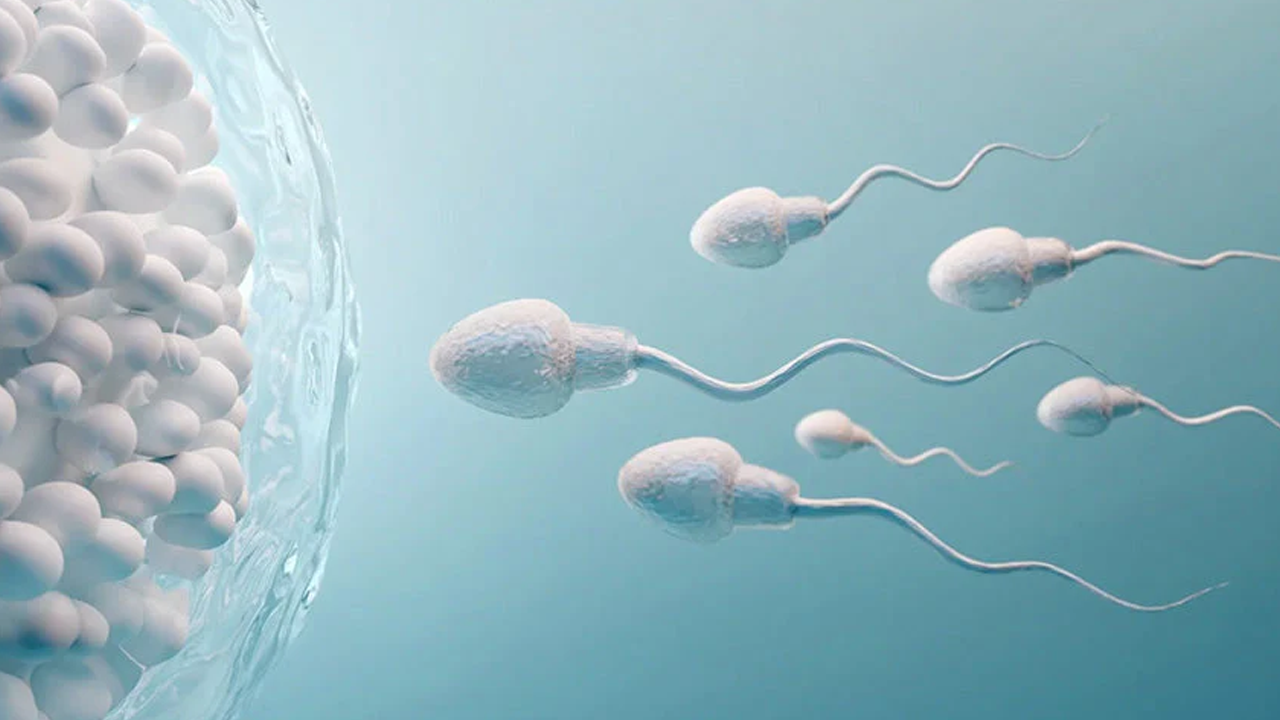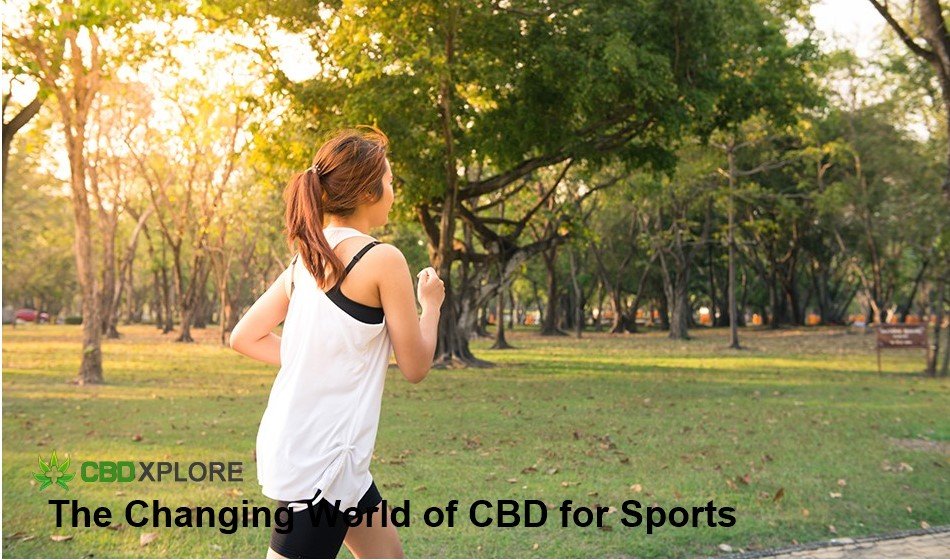CBD for Addiction Recovery: Can Cannabidiol Help?
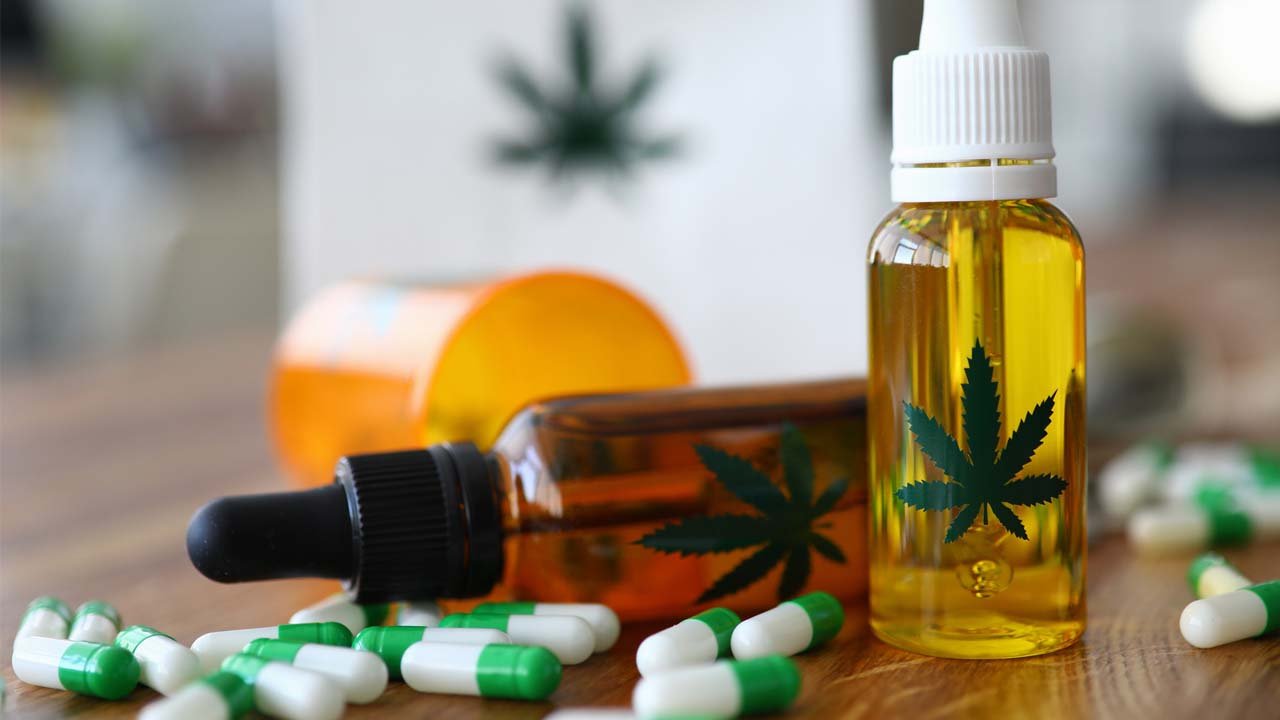
CBD for Addiction Recovery, there has been growing interest in the potential of cannabidiol (CBD) to assist in addiction recovery. As addiction rates continue to rise, researchers and individuals struggling with substance abuse are seeking alternative and complementary methods to support recovery efforts. This article aims to explore the role of CBD in addiction recovery and whether it can indeed provide meaningful benefits in overcoming addiction.
Explore the Contents
Understanding Addiction
What is Addiction?
Addiction is a complex and chronic condition characterized by the compulsive use of substances despite harmful consequences. It affects the brain’s reward system, leading to intense cravings and a loss of control over substance use. Common substances that can trigger addiction include alcohol, opioids, stimulants, and tobacco.
The Challenges of Addiction Recovery
Overcoming addiction is an arduous journey that often involves withdrawal symptoms, cravings, and high rates of relapse. Traditional treatments, such as therapy and medication, are essential, but there is a need for additional tools to enhance the recovery process.
The Role of CBD in Addiction Recovery
What is CBD?
CBD is a non-psychoactive compound found in the cannabis plant. Unlike tetrahydrocannabinol (THC), it does not induce a “high” feeling, making it an appealing option for those seeking medicinal benefits without the mind-altering effects.

How CBD Works in the Body
CBD interacts with the endocannabinoid system (ECS), which plays a vital role in regulating various physiological processes, including mood, pain, and sleep. By influencing the ECS, CBD may help in restoring balance and alleviating symptoms associated with addiction.
CBD for Managing Withdrawal Symptoms
One of the most challenging phases of addiction recovery is dealing with withdrawal symptoms. CBD has shown promise in mitigating withdrawal discomfort, such as nausea, anxiety, and insomnia. Its potential calming effects may help individuals cope during this challenging period.
Reducing Cravings and Relapse
Cravings for drugs or alcohol can be overpowering, often leading to relapse. CBD’s interaction with the ECS may reduce cravings and the associated anxiety, which could play a crucial role in preventing relapse.
Addressing Underlying Anxiety and Depression
Many individuals turn to substances as a means to self-medicate underlying mental health issues like anxiety and depression. CBD’s anxiolytic and antidepressant properties may offer a natural alternative for managing these conditions, reducing the reliance on addictive substances.
CBD Research and Evidence
The Current State of Research
While the preliminary findings on CBD’s role in addiction recovery are promising, it is essential to acknowledge that research is still in its early stages. Many studies have been conducted on animals and cell cultures, showing positive effects. However, large-scale human trials are needed to draw definitive conclusions.
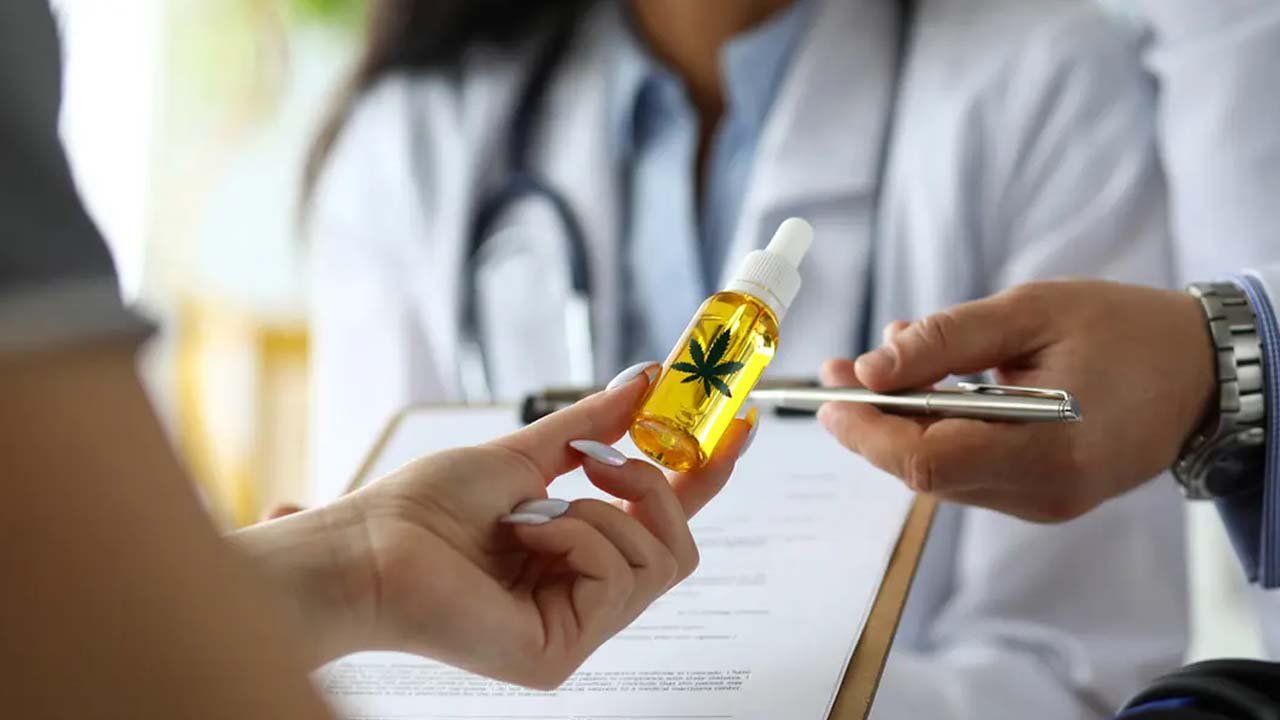
Clinical Studies and Case Reports
Several clinical studies and case reports have explored CBD’s impact on addiction recovery. For instance, a study published in the Journal of Substance Abuse Treatment found that CBD reduced cue-induced cravings in individuals with heroin use disorder. However, more research is needed to validate these results.
CBD Dosage and Safety
Finding the Right Dosage
The optimal CBD dosage for addiction recovery can vary from person to person. It is crucial to start with a low dosage and gradually increase it while closely monitoring its effects. Consulting a healthcare professional experienced in CBD use is advisable to determine the appropriate dosage.
Potential Side Effects
CBD is generally well-tolerated, with few reported side effects. Some individuals may experience mild symptoms such as dry mouth, drowsiness, or changes in appetite. However, it is essential to note that CBD may interact with certain medications, so consulting a healthcare provider is essential.
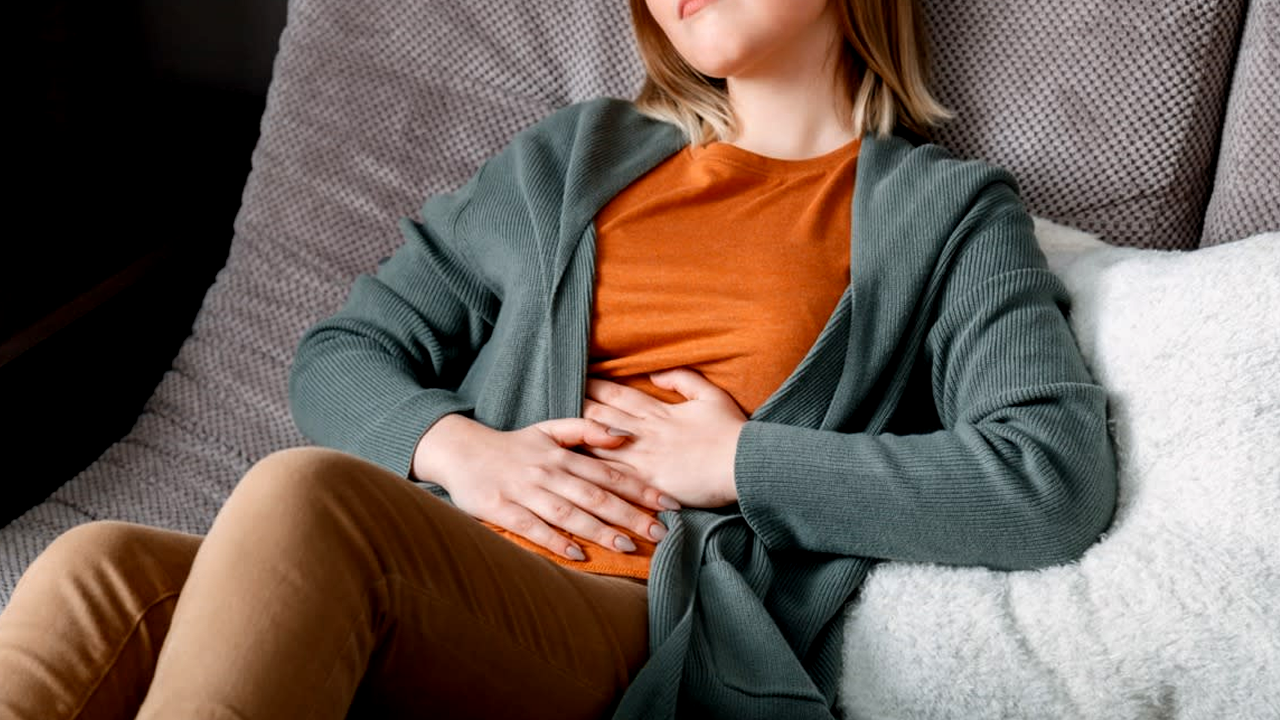
Conclusion Role of CBD in Addiction Recovery
In conclusion, CBD holds promise as a potential aid in addiction recovery. Its interaction with the endocannabinoid system may help alleviate withdrawal symptoms, reduce cravings, and address underlying anxiety and depression. However, while the early research is encouraging, further studies are needed to establish CBD’s efficacy and safety conclusively. If you or someone you know is struggling with addiction, it is vital to seek professional help and explore all available treatment options.
Read More: Is CBD Safe? Understanding the Potential Side Effects
FAQs CBD for Addiction Recovery
Is CBD a cure for addiction?
No, CBD is not a cure for addiction. It may complement traditional treatment approaches and provide support during the recovery process.
Can I use CBD as a replacement for my prescribed medications?
No, you should not replace prescribed medications with CBD without consulting your healthcare provider. CBD may interact with certain medications, affecting their efficacy.
Is CBD legal?
The legality of CBD varies from country to country and state to state. It is essential to research and understand the local regulations before purchasing or using CBD products.
How long does it take to experience the effects of CBD?
The onset and duration of CBD effects can vary depending on the individual, the method of consumption, and the dosage. Some people may experience immediate effects, while others may take a few days to notice changes.
Can I get addicted to CBD?
CBD is not considered addictive, as it does not produce the euphoric effects associated with addictive substances like THC. However, using excessive amounts of CBD may lead to adverse effects, so responsible use is essential.
